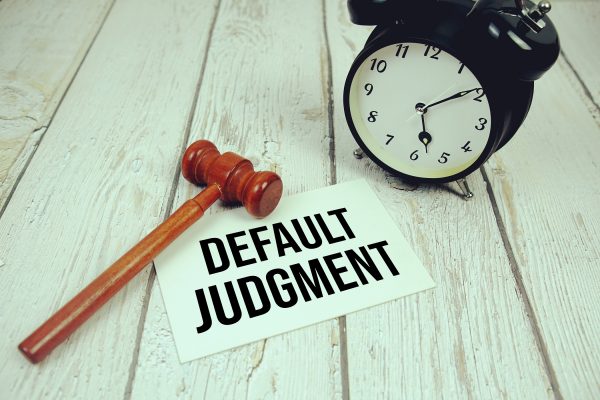You have the right to speak for yourself in court without a solicitor or any other legal representation. Different courts and rules apply in Scotland.
There maybe good reason to do this, in the interest of saving costs or if you wish to speak with the Judge directly.
If you go it alone you will be known as a ‘litigant in person’. In a civil case you will also be referred to as either a ‘claimant’ or a ‘defendant’, depending on whether you have brought the case or you are responding to it. Again, the terminology is different in Scotland.
However, sometimes it is helpful to take a legal representative along with you. This could be a barrister (sometimes referred to as counsel) or an agent solicitor or other legal representative.
Representation can be costly but such costs are usually recoverable from the losing party if the claim is valued in excess of £10,000.
It is always a good idea to seek legal advice at the earliest opportunity to help with your case, even if you choose to represent yourself before the Court.
Otherwise, the key to success before the Courts is the three P’s. Preparation, preparation, preparation.

We cover roles within all departments and sectors of the Automotive industry, and are here to listen to your specific needs and find the most suitable candidates to fit your business.







